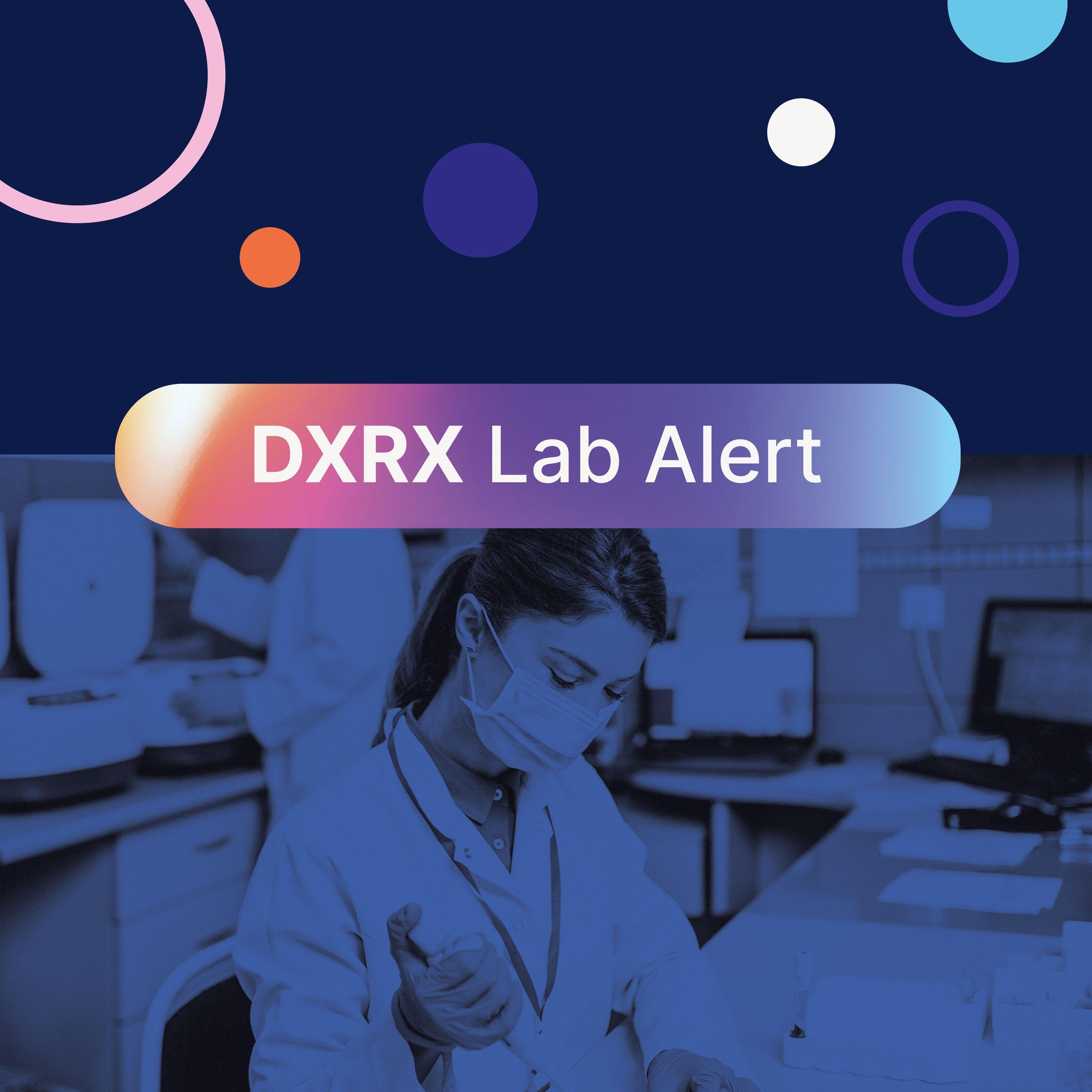The clinical significance of BRAF V600E testing in metastatic colorectal cancer
Due to its clinical relevance, accurate and early diagnosis of BRAF V600E mutation status is critical to inform therapeutic strategy in mCRC. However, the evolving diagnostic landscape highlights the growing need for hospitals and labs to optimise molecular testing for BRAF in mCRC.
All newly diagnosed metastatic CRC (mCRC) patients should be tested for BRAF mutations in congruence with the ESMO guidelines1. BRAF mutations (nearly always V600E) are present in ~8-12% of patients2. BRAF V600E mutations result in a molecularly distinct subpopulation with poor prognosis and poor response to standard treatment options. Thus, it is essential to assess BRAF mutation status to optimise patient management and guide therapeutic decisions before initiating first-line treatment.
Diagnosing BRAF mutation status
The standard approach to assess BRAF mutation in patients with mCRC is using next-generation sequencing (NGS) or real-time PCR-based assays performed on a formalin-fixed, paraffin-embedded (FFPE) tumour tissue sample or via liquid biopsy, only if no tissue is available3. Time to results is 1 to 2 weeks for NGS and 1 to 3 days for PCR-based assay. These molecular techniques have high sensitivity; however, there are several challenges. These include appropriate tumour sampling, prompt material delivery to diagnostic labs, protocol heterogeneity and turnaround time (TAT).
To optimise the heterogeneous pathological and molecular landscape of mCRC, it is paramount that these biomarker tests are ordered by treating oncologists immediately at the time of mCRC diagnosis. Labs must implement accurate and efficient molecular testing in routine diagnostics by considering pre-analytical and analytical factors.
The relevance of BRAF testing in mCRC
- The BRAF test is mandatory at the initial diagnosis of all mCRC, as BRAF is a prognostic marker, and the mutation analysis can guide treatment decisions.
- Rapid time to request biomarker tests by oncologists and time to report the results are crucial to prevent unnecessary waiting periods.
- A multidisciplinary team (MDT) collaboration with oncologists/surgeons is critical to optimal molecular testing.
We want to learn from you about mCRC BRAF testing in your practice. Take 5 minutes to complete the survey below and share your insights.
Fill out this survey, today!

References:
1. Cervantes A, et al. Ann Oncol. 2023;34(1):10-32
2. Van Custem E, et al. Ann Oncol. 2016;27(8):1386-422
3. Angerilli V, et al. Critical Reviews in Oncol. 2022;172:103647
